Myanmar's election held on November 8, deemed as the country’s first free election in 25 years, caught the attention of people around the world as Aung San Suu Kyi’s National League for Democracy won by a landslide. Considering the date from the Directorate of Investment and Company Administration (DICA) indicating the rise in the real estate market in Myanmar from $440 million in 2012 to 2014, to $780.7 million this year, Post Property’s Catherine Harry met up with Kevin Goos, CEO of Century 21 Cambodia, to talk about how the changes in the political scene will impact the local and regional property markets.  How does the Cambodian property market fare compared to the region? Cambodia has the most attractive market for real estate development in Asia right now. Following closely are Japan and Myanmar. Most real estate markets such as Singapore, Hong Kong, and Taiwan have seen a decrease in transaction by as much as 30 per cent; hence, the surge in foreign buyers over the last 24 months who are purchasing condos in Cambodia. Phnom Penh is seen as relatively affordable when compared to other cities in Southeast Asia and Cambodia has a strong economic growth track record with strong GDP growth since 2001. Comparative real estate markets such as Singapore, Taipei, and Hong Kong were booming in the 1980’s and 1990’s. What we are seeing in Phnom Penh is a city that is “catching up” and we can directly see the success of new developments, most notably North Park Condominium which sold 40 per cent of phase 1 on launch day. What advantages does Cambodia have in terms of laws, regulations and the ability for foreign ownership? Cambodia is good for business. The government’s stance on foreign direct investment (FDI) is very attractive when compared to surrounding countries. The drafting of the new development and construction law will create a clear pipeline for big developers to enter the market and the creation of the strata title and condo law in 2009, allowed for a transparent and practically applied way for foreigners to buy condos in Cambodia. Recently, Vietnam has brought in new laws for foreign ownership. While it appears to have had mixed results thus far, could this have an impact on property development in Cambodia? Yes. The new Vietnam laws on foreign ownership are a move in the right direction and I am sure when these laws are practically applied to the local market, more investors will continue to bring new real estate developments into Vietnam. Traditionally, if both Vietnam and Thailand are doing well in real estate, Cambodia also grows. In this case Phnom Penh is very far ahead of Ho Chi Minh City for condo development, housing development, and commercial development. The main positive effect of a prosperous real estate development market in Vietnam, that benefits Cambodia, is the decreased cost in construction materials for new developments in Cambodia. With Myanmar’s recent election, and the hope of a proposed condominium law, how could this change the focus of investors looking at frontier economies? How do you see the election results affecting the real estate market there? Myanmar is an attractive country for both retail and institutional investors, largely due to the growing populations, geographic location, and the positive results of last elections. However, for brands entering the real estate market, like Century 21, we are still very far from considering Myanmar as US sanctions are still in effect and pertain primarily to property. The condo law has been in the works for roughly 24 months and would have a great effect on real estate developments in the country. Once Myanmar finalises the condo law and allows foreigners to own condominiums outright, we will see a huge surge in world class developments begin to emerge in the country, bringing some of the best developers and large amounts of FDI. How important is political stability when it comes to investors’ decisions? Both retail and institutional investors are smart and base their decision around elections in frontier markets. However, Cambodia has been very consistent in economic growth and political stability for the last 15 years. We are seeing investor confidence at a very high level in Cambodia. After the recent political events in Cambodia, do you think it will have a lasting effect on the real estate market? The real estate market here has not been affected by any recent political events. The only political events that affect real estate transactions in Cambodia over the last 15 years are elections and they are minimal. Usually transactions begin to slow down about six months prior to elections and pick back up again about six months after the election outcome. This has been the recent trend and we expect to see this trend continue. However, as Cambodia enters into the ASEAN community, we expect to see a strong real estate sector in Cambodia well into the 2020’s. It’s believed that foreign investment in retail in Myanmar is limited because of its regulations that require foreign-brand entries to team up with local partners. Do you see similar problems happening in Cambodia? Foreign brands can enter the Myanmar market as a franchisor without a local partner but are required to have less than 40 per cent control over franchisee operations. American brands are still very hesitant due to the current sanctions that pertain primarily to specially designated individuals (SDI’s) who are considered to be involved in human rights violations. Currently, there are about 85 SDI’s that are restricted from doing business with American brands or American nationals should they involve in more than 50 per cent of the current investment, especially in property. Catherine Harry, Phnom Penh Post, Post Property.
How does the Cambodian property market fare compared to the region? Cambodia has the most attractive market for real estate development in Asia right now. Following closely are Japan and Myanmar. Most real estate markets such as Singapore, Hong Kong, and Taiwan have seen a decrease in transaction by as much as 30 per cent; hence, the surge in foreign buyers over the last 24 months who are purchasing condos in Cambodia. Phnom Penh is seen as relatively affordable when compared to other cities in Southeast Asia and Cambodia has a strong economic growth track record with strong GDP growth since 2001. Comparative real estate markets such as Singapore, Taipei, and Hong Kong were booming in the 1980’s and 1990’s. What we are seeing in Phnom Penh is a city that is “catching up” and we can directly see the success of new developments, most notably North Park Condominium which sold 40 per cent of phase 1 on launch day. What advantages does Cambodia have in terms of laws, regulations and the ability for foreign ownership? Cambodia is good for business. The government’s stance on foreign direct investment (FDI) is very attractive when compared to surrounding countries. The drafting of the new development and construction law will create a clear pipeline for big developers to enter the market and the creation of the strata title and condo law in 2009, allowed for a transparent and practically applied way for foreigners to buy condos in Cambodia. Recently, Vietnam has brought in new laws for foreign ownership. While it appears to have had mixed results thus far, could this have an impact on property development in Cambodia? Yes. The new Vietnam laws on foreign ownership are a move in the right direction and I am sure when these laws are practically applied to the local market, more investors will continue to bring new real estate developments into Vietnam. Traditionally, if both Vietnam and Thailand are doing well in real estate, Cambodia also grows. In this case Phnom Penh is very far ahead of Ho Chi Minh City for condo development, housing development, and commercial development. The main positive effect of a prosperous real estate development market in Vietnam, that benefits Cambodia, is the decreased cost in construction materials for new developments in Cambodia. With Myanmar’s recent election, and the hope of a proposed condominium law, how could this change the focus of investors looking at frontier economies? How do you see the election results affecting the real estate market there? Myanmar is an attractive country for both retail and institutional investors, largely due to the growing populations, geographic location, and the positive results of last elections. However, for brands entering the real estate market, like Century 21, we are still very far from considering Myanmar as US sanctions are still in effect and pertain primarily to property. The condo law has been in the works for roughly 24 months and would have a great effect on real estate developments in the country. Once Myanmar finalises the condo law and allows foreigners to own condominiums outright, we will see a huge surge in world class developments begin to emerge in the country, bringing some of the best developers and large amounts of FDI. How important is political stability when it comes to investors’ decisions? Both retail and institutional investors are smart and base their decision around elections in frontier markets. However, Cambodia has been very consistent in economic growth and political stability for the last 15 years. We are seeing investor confidence at a very high level in Cambodia. After the recent political events in Cambodia, do you think it will have a lasting effect on the real estate market? The real estate market here has not been affected by any recent political events. The only political events that affect real estate transactions in Cambodia over the last 15 years are elections and they are minimal. Usually transactions begin to slow down about six months prior to elections and pick back up again about six months after the election outcome. This has been the recent trend and we expect to see this trend continue. However, as Cambodia enters into the ASEAN community, we expect to see a strong real estate sector in Cambodia well into the 2020’s. It’s believed that foreign investment in retail in Myanmar is limited because of its regulations that require foreign-brand entries to team up with local partners. Do you see similar problems happening in Cambodia? Foreign brands can enter the Myanmar market as a franchisor without a local partner but are required to have less than 40 per cent control over franchisee operations. American brands are still very hesitant due to the current sanctions that pertain primarily to specially designated individuals (SDI’s) who are considered to be involved in human rights violations. Currently, there are about 85 SDI’s that are restricted from doing business with American brands or American nationals should they involve in more than 50 per cent of the current investment, especially in property. Catherine Harry, Phnom Penh Post, Post Property. 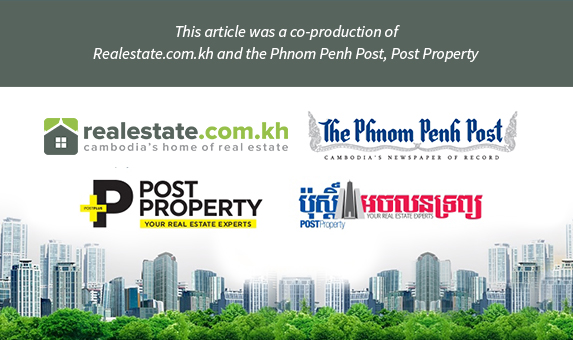
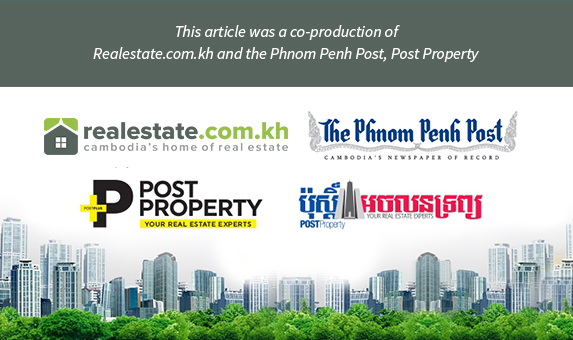
Updated on: June 6, 2022, 5:05 p.m.
Published on: November 19, 2015, 5:27 p.m.
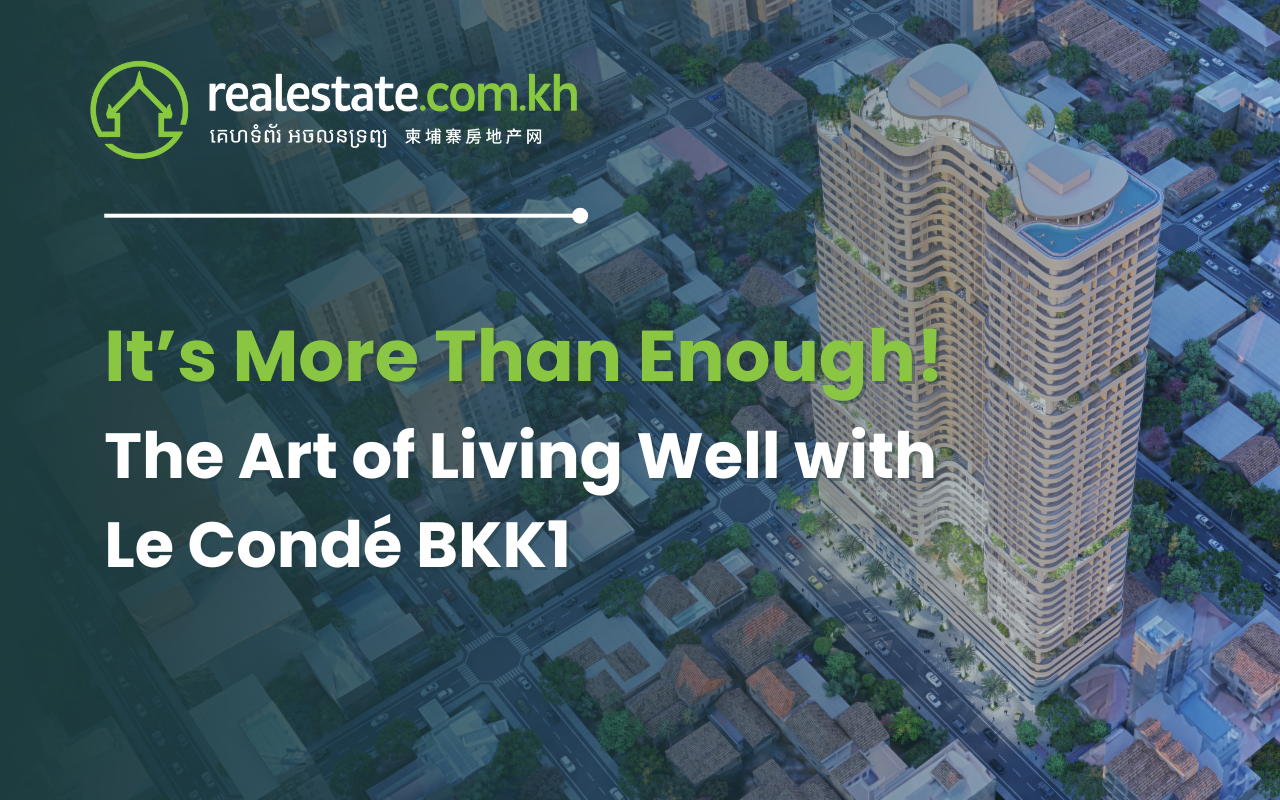
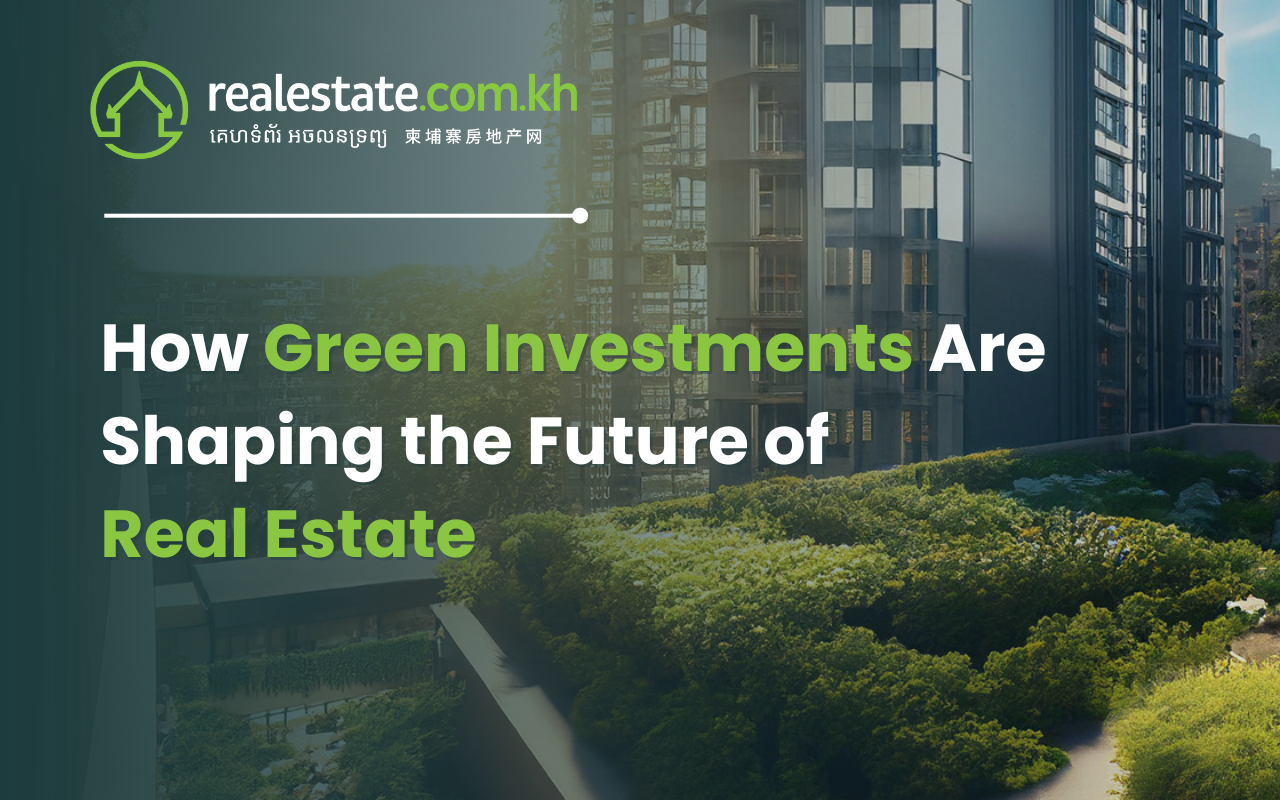
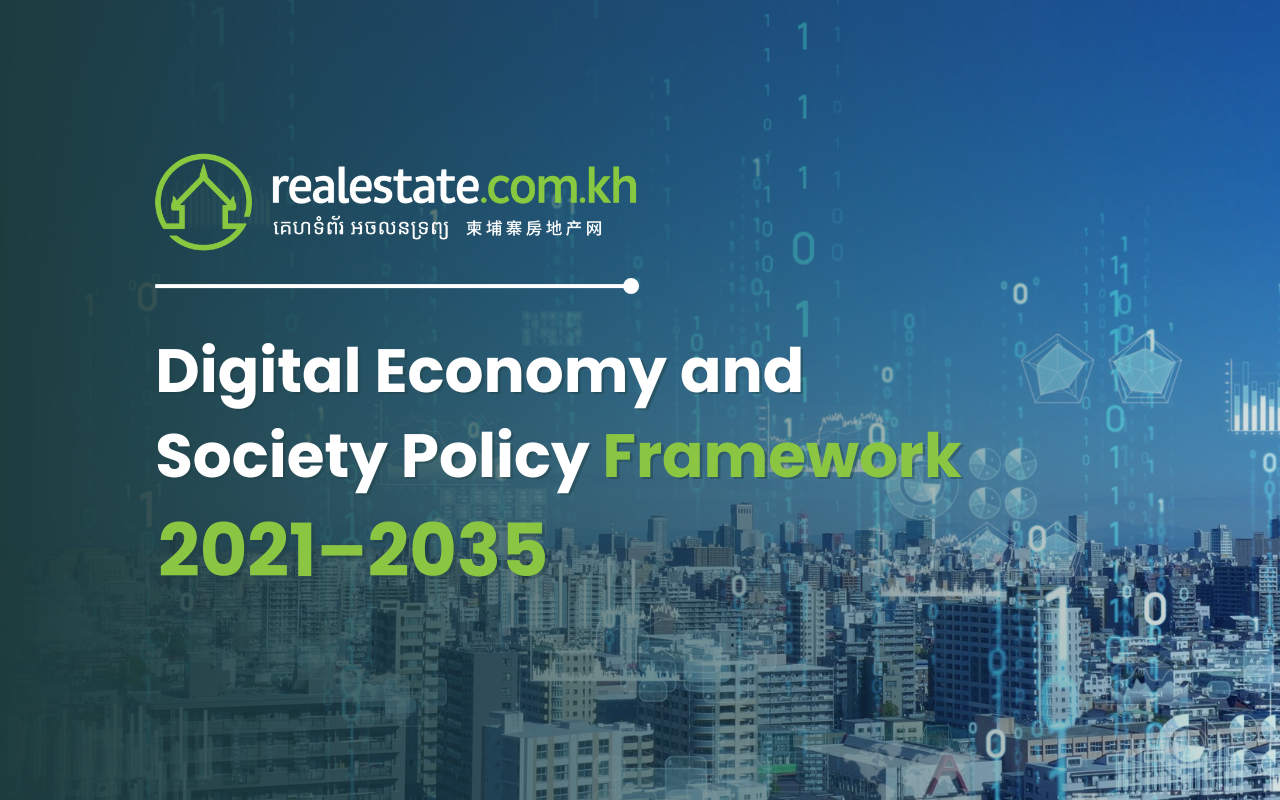
Comments